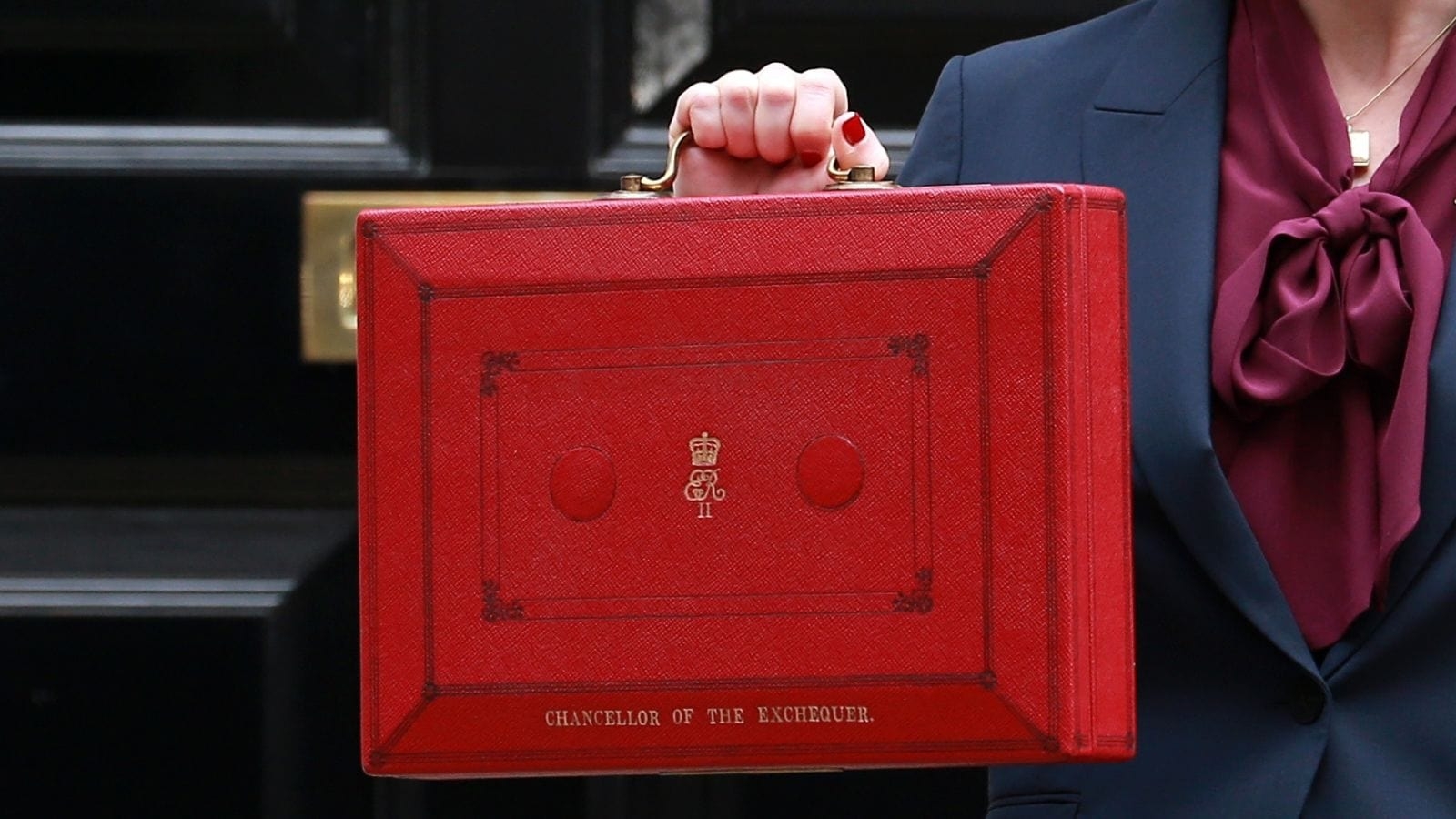What the 2025 Autumn Budget Could Mean for the UK Property Market
At Acorn Property Invest, we continue to monitor key fiscal developments that may influence the UK housing and investment landscape. With the Autumn Budget scheduled for 26 November 2025, attention now turns to how government policy could impact property markets, investor sentiment, and wider economic growth. The UK enters this Budget period facing modest growth and a reported £40 billion fiscal shortfall. The Chancellor’s challenge will be to balance spending priorities with the need to maintain investor confidence.

A Balancing Act for the Chancellor
Fiscal constraints are tightening, but the demand for public spending remains high. This leaves limited scope for large-scale tax cuts and raises the possibility of targeted tax adjustments instead, which could influence property investors, landlords, and business owners.
Some measures may take effect immediately, while others could be phased in from April 2026 or later. As always, keeping informed and reviewing plans with professional advisers can help ensure decisions remain aligned with policy developments.
Dividends and Company Structures
One proposal under discussion is the alignment of dividend tax rates with income tax rates. This could reduce the current advantage of holding investment property through limited companies. For directors and investors who draw income via dividends, such changes may influence how profits are managed going forward.
Some are considering their options in advance of the Budget to better understand the current rates, but individuals should seek tailored advice from a qualified tax professional before taking action.
Inheritance Tax and Long-Term Wealth Planning
Inheritance Tax (IHT) remains a potential area for reform. Possible updates include introducing a lifetime cap on tax-free gifts or extending the seven-year exemption period to ten years—both of which could affect how property wealth and other assets are transferred across generations.
In parallel, draft legislation confirms that the £1 million Business and Agricultural Property Relief allowance will not be transferable between spouses or civil partners. These changes may prompt some to review their existing estate plans, though any restructuring should be guided by independent legal or financial advice.
Life Insurance and Liquidity Considerations
Some individuals use life insurance as part of broader estate planning strategies, particularly when aiming to provide liquidity for potential IHT liabilities. This can help avoid selling physical assets to meet obligations. However, the suitability of such policies depends on personal financial circumstances and objectives.
Regularly reviewing both insurance arrangements and property valuations can help ensure plans remain appropriate over time.
Savings and Investment Allowances
The Chancellor may also review ISA allowances to encourage greater investment into equities and productive assets. If changes to cash ISA limits are introduced, some individuals may explore alternative long-term assets for diversification, including property.
That said, property investments carry specific risks and tax implications and may not be suitable for everyone. Professional advice should always be sought before making such decisions.
Looking Ahead
While the details of the 2025 Autumn Budget are not yet known, the government is expected to prioritise stability, credibility, and gradual fiscal adjustment. For those with exposure to property or related investments, staying alert to new policy announcements can help in making informed, timely decisions.
Disclaimer
This article is for informational purposes only and does not constitute financial, tax, or investment advice. Any references to legislation, tax rules, or investment implications are general in nature and subject to change. You should consult with an independent, authorised financial adviser or tax specialist before making any financial decisions.
Contact Us
Fill out the form below and we will contact you soon.


